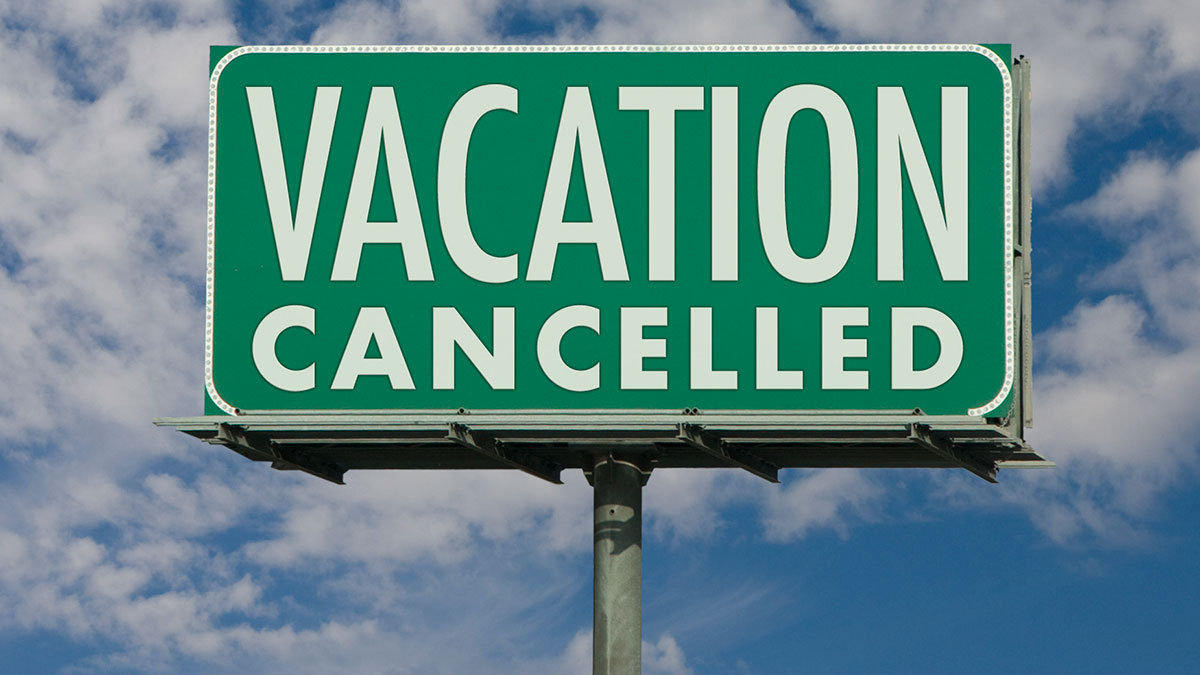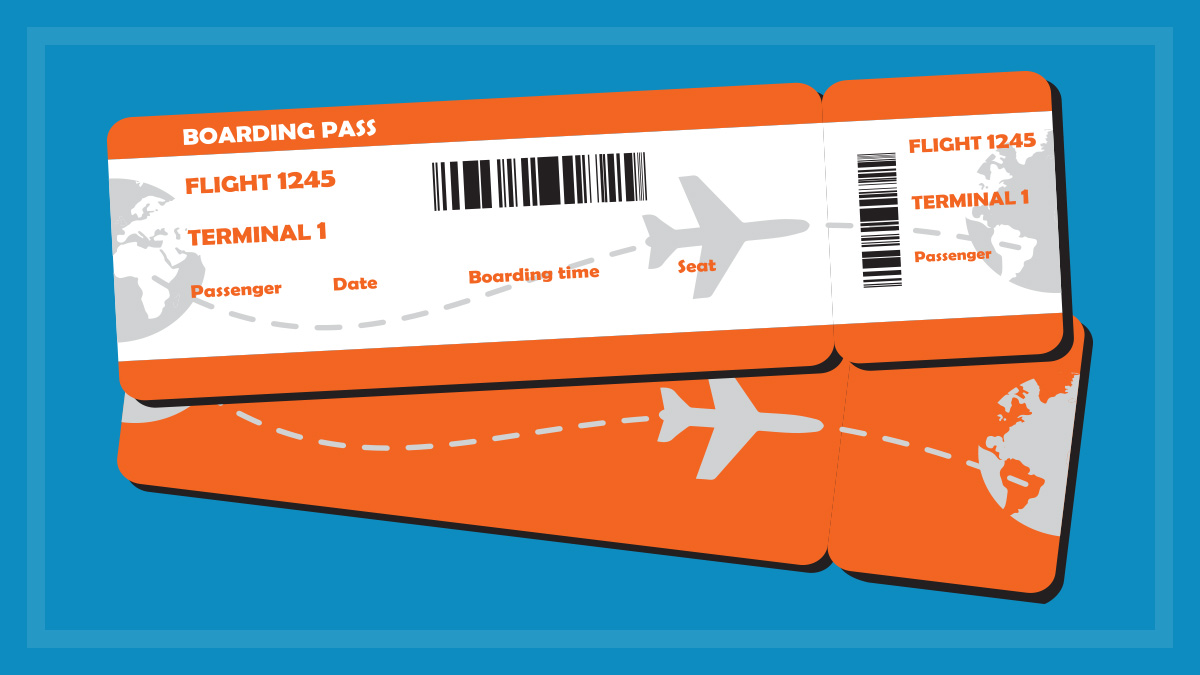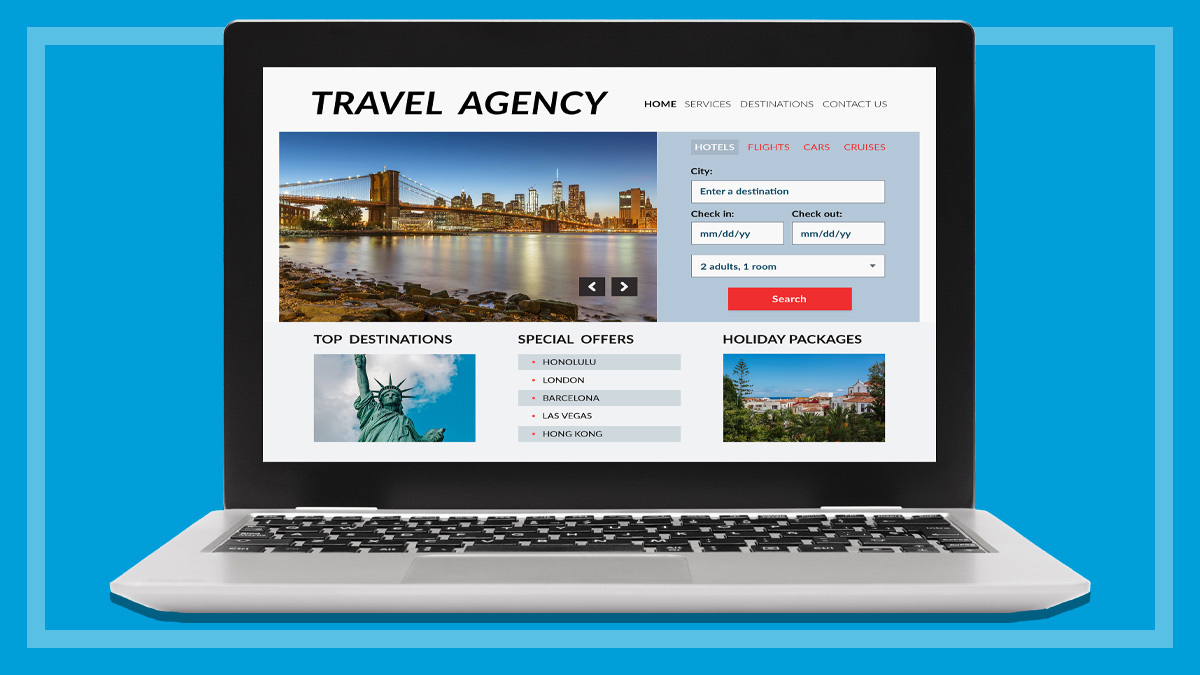Get our independent lab tests, expert reviews and honest advice.
How to cancel your holiday plans affected by COVID-19

Australians can no longer travel overseas because of the federal government’s travel ban in response to COVID-19. Domestic travel has also been restricted by the closing of state borders.
On this page:
- 1. Do you want to reschedule your holiday, or cancel it?
- 2. Are you due to depart in the next three days?
- 3. Ask the travel agent or third-party booking site for a refund
- 4. Ask the airline for a refund
- 5. Ask the accommodation, cruise and tour providers for a refund
- 6. Lodge a travel insurance claim
- 7. Escalate and lodge a complaint
- FAQs about your consumer travel rights
So how should you go about cancelling or rearranging your trip and what are your rights? Follow our steps.
1. Do you want to reschedule your holiday, or cancel it?
Unless you have a clear right to a refund in your terms and conditions, be cautious about cancelling too soon.
You may be better off delaying rather than proactively cancelling your flight or accommodation because you may have more options if the airline or accommodation provider cancels it.
You could wait until closer to the day of your booking before cancelling or transferring the booking to a later date.
Arguments for rescheduling
- It will be easier and you’re more likely to get ‘yes’ answers. If you want to cancel, you’ll hear ‘no’ a lot more, which will take energy and persistence to overcome.
- You won’t lose as much money as cancelling. If you cancel, your travel insurer may not cover any leftover expenses. If you’re relying on your travel insurer to give you money, contact them before you cancel, because if they won’t cover you, you may stand to lose less by rescheduling.
- You’ll need a good holiday when this is all over!
Arguments for cancelling
- It always pays to ask for a refund. We’ve seen some companies initially deny refunds or state that refunds aren’t possible. They later changed their minds. Get your request for a refund in early and in writing.
- Right now, you need money more than you need a holiday, and you’re ready to fight for it. Proceed to step 2.
2. Are you due to depart in the next three days?
If yes, go to step three.
If not, sit back, stay calm, and tackle this issue later. If there are travel bans in place, then the closer you get to departure date, the more likely travel providers (such as airlines) are to cancel the service. If you wait until they cancel the service, you may be eligible for a refund or more flexible credit than if you cancel the trip before they do.
Also, travel service providers such as airlines, travel agents, travel insurers and cruise companies are currently swamped. Wait times on phone lines are many hours and often end in dropouts. Now is not the time.
3. Ask the travel agent or third-party booking site for a refund
Skip this step if you booked directly with the provider.
In general, whoever you gave the money to is who you’ll need to get it back from. If they refuse to cancel or they offer credit vouchers you don’t want, be persistent. Keep on asking and escalating your request.
Keep a record of all the actions you’ve taken and the out-of-pocket costs you’re left with.
If you booked with a third party that has since been declared bankrupt, such as Fly365, read our advice on credit card charge backs.
4. Ask the airline for a refund
If the airline cancels your flight, they may offer credit vouchers or re-bookings upfront, instead of refunds. If you’re happy to accept a credit voucher, move on to step five. But before you accept, check the conditions of carriage of your airline.
You may be entitled to a cash refund from airlines such as Qantas and Virgin, but they won’t always tell you. Be prepared to quote their own conditions of carriage to them, and ask for a refund.
Again, persistence is the key. Keep on asking and escalating. You may even be entitled to compensation from the airline for meals and accommodation. Keep a record of all the actions you’ve taken and the out-of-pocket costs you’re left with.
5. Ask the accommodation, cruise and tour providers for a refund
Again, most will offer you a credit voucher or change of booking instead. If you’re happy to accept a credit voucher, move on to the next step.
If not, you guessed it – persistence is the key. Keep on asking. Keep escalating.
Keep a record of all the actions you’ve taken and the out-of-pocket costs you’re left with.
6. Lodge a travel insurance claim
Skip this step if you don’t have travel insurance.
This is the point where you’ll need all the records and documentation you’ve been keeping. Travel insurers want lots of proof. So take all that documentation, total up your out-of-pocket costs, and submit a claim with your travel insurer.
If the travel insurer says no to your claim, ask them to point out the specific clause and page of your product disclosure statement (PDS) they’re relying on.
If you don’t agree with the travel insurer’s reason for denying your claim, raise an internal dispute with them.
If you’re still not satisfied with that outcome, lodge a dispute with the Australian Financial Complaints Authority.
7. Escalate and lodge a complaint
The lessons we’ve learned from the many CHOICE members who have contacted us is that persistence pays off. People who have successfully got refunds for cancelled travel plans are those who kept track of their paperwork, put their requests in writing and wouldn’t take no for an answer.
If you have trouble reaching a provider by phone or email, see if they have a live chat option on their website. Sometimes this is an easier way to speak to an agent, and you can record the conversation by downloading the transcript (if it lets you) or taking screenshots.
Don’t forget that you can escalate a complaint. If the company isn’t treating you fairly, escalate to your state or territory consumer agency.
FAQs about your consumer travel rights
Travel agents and providers can legally charge a fee that meets the reasonable costs of cancellation. These should be listed clearly in the terms and conditions.
Any fees from airlines, hotels or other accommodation should be specified in the terms and conditions and be fair. If you’re facing an unfair fee, let us know in the CHOICE Community and contact your state or territory fair trading body. Some travel agents have been forced to reduce unreasonable cancellation fees after pressure from regulators.
If you paid a deposit, the deposit should not be more than 10% of the total cost. If it’s more than 10%, it’s likely to be classed as a pre-payment instead of deposit, and pre-payments are refundable.
Sometimes.
You can use a chargeback if:
- You paid by credit or debit card.
- You first try to resolve the issue with the travel provider. You can generally claim if the provider has become insolvent, if they’re unreasonably holding your money despite not providing a service or if there has been a fraudulent charge.
- You act early enough – Visa, MasterCard, Amex and Eftpos all have different timeframes for making a claim. Some require action in 30 days, others allow up to 120 days.
Read more about how and when to claim a chargeback on your debit or credit card.
You may be able to pursue a refund via frustrated contracts law. It differs between states so check with your state’s consumer affairs body.
If you’re claiming on travel insurance, section 54(5)(a) of the Insurance Contracts Act 1984 doesn’t allow the insurer to decline a claim “where such an act or omission was necessary to protect the safety of a person”. So even if your insurance policy states that it won’t cover you, it may be worth pursuing a claim.






